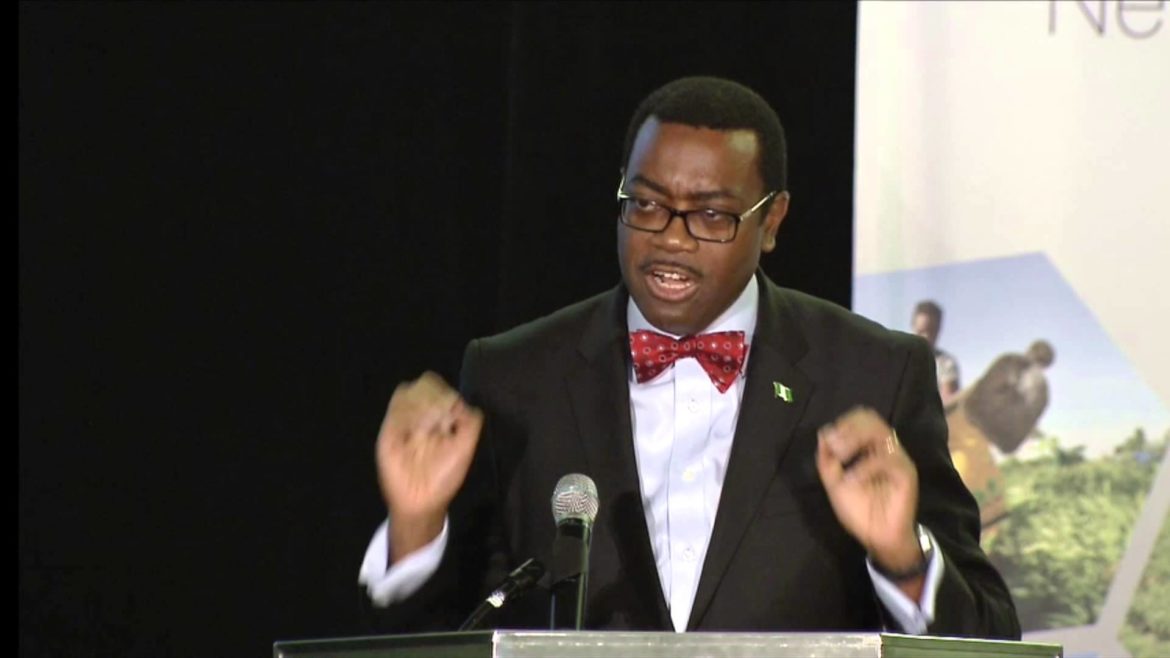By Asmau Ahmad
African Development Bank (AfDB) Group President, Dr Akinwunmi Adesina said urgent action is needed to reduce the world’s dependence on fossil fuels and harness Africa’s renewable energy sources.
The AfDB president, in a statement, said this at the Berlin Energy Transition Dialogue, hosted by the German Federal Government.
While underscoring Africa’s success and enormous potential to become a global leader in sustainable development, Adesina highlighted the significant energy challenges millions of Africans still faced.
According to him, a report in 2022 reviewed that at least 600 million people did not have access to electricity, and 970 million lacked access to clean energy for cooking.
He said to achieve the United Nations Sustainable Development Goals (SDGs) Seven of affordable, reliable, sustainable and modern energy for all, Africa must connect 90 million people annually to electricity by 2030.
The bank president said the continent must also shift 130 million people from dirty cooking fuels yearly.
He acknowledged the scale of the challenge, noting that Africa’s energy transition would require an estimated 100 billion dollars annually between 2020 and 2040.
Dr Adesina said Africa’s significant cobalt, manganese and platinum reserves could be utilised to build a robust manufacturing sector rather than being merely exported as raw materials.
Alluding to Europe’s push for emissions-free vehicles, he said, “Africa is a crucial source for minerals and metals for clean energy value chains, including electric vehicles and utility-scale battery storage.
“Africa is the perfect place to build lithium-ion batteries to power German cars.”
The president also recognised green hydrogen as a low-carbon investment in building decarbonised economies.
He reiterated that AfDB was spearheading efforts to unlock Africa’s vast renewable energy potential, with 86 per cent of its power generation investments in renewables and a ban on coal energy projects.
Adesina insisted that natural gas should be crucial to Africa’s diversified energy mix to guarantee a secure energy supply for industries and residences.
“Africa, just like Germany and Europe, must be given time to transition and be allowed to use its natural gas resources as a transition fuel.
“While Africa will do everything possible to expand the use of renewable energy, the intermittency sources, such as wind and solar, made it impossible to guarantee the security of supply.
“Natural gas is, therefore, a key part of the energy mix for assuring the security of supply and critical for Africa,” Adesina said.


